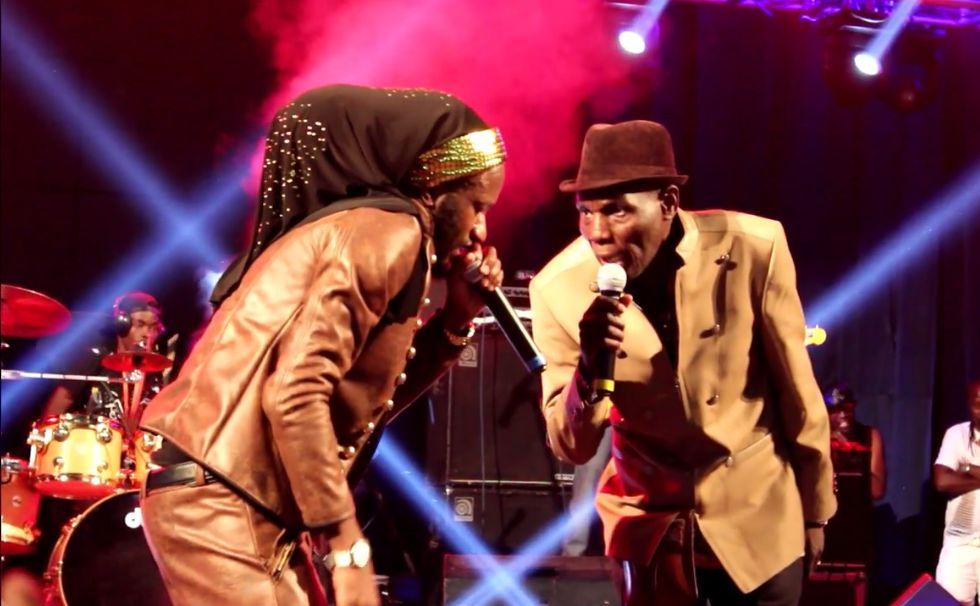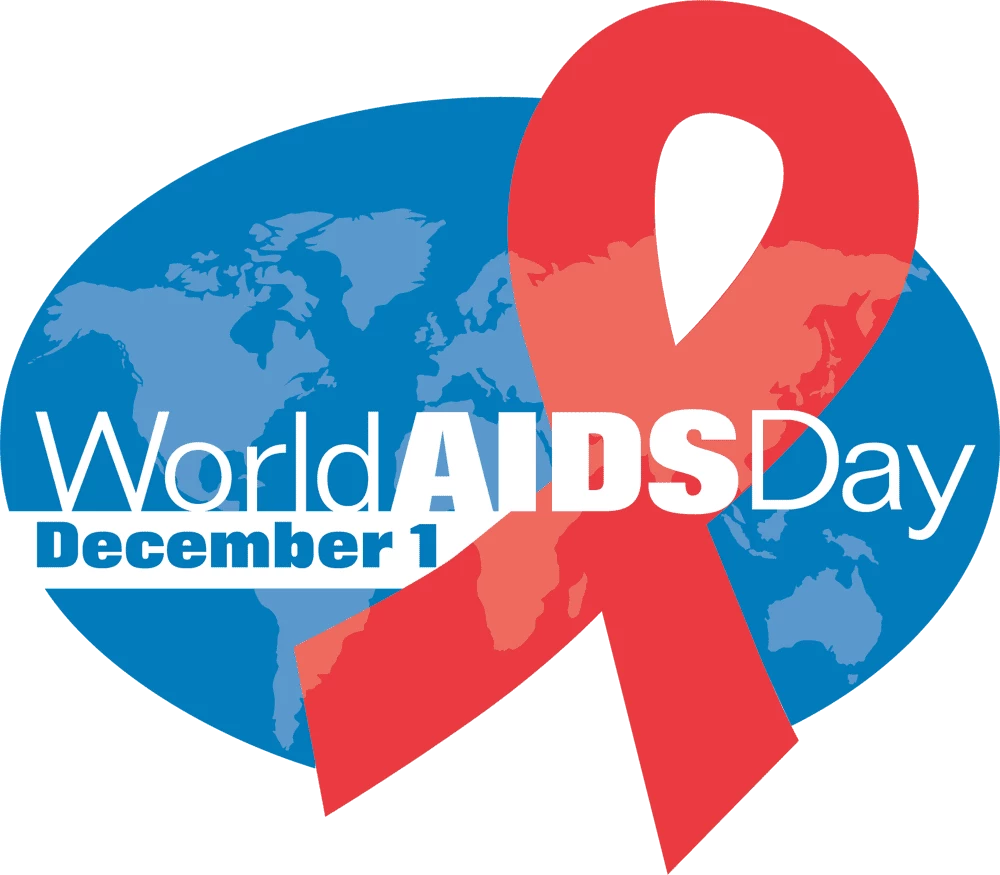
ZIMBABWEANS went to the polls to elect a new leader on Monday. Politics in the southern African nation has drastically changed since former president Robert Mugabe’s deputy Emmerson Mnangagwa took the reins in November.
Sound Track with Ano Shumba
The main presidential contenders in the polls were Zanu-PF’s Mnangagwa and the MDC Alliance’s Nelson Chamisa, who became the party’s leader after the death of Morgan Tsvangirai earlier this year.
Since Mugabe’s departure, Zimbabweans have enjoyed free speech and the right to congregate publicly.
The culture of employing music ahead of elections in Zimbabwe has become increasingly trendy. This year, most political parties hired musicians to mobilise support ahead of the elections. The post-Mugabe era has also witnessed artistes releasing music and freely expressing their views about their preferred candidates.
During the Mugabe era, Zanu PF’s involvement in the commissioning of propaganda music ushered a new form of censorship in the country through elbowing what it deemed “politically inappropriate music” from the airwaves. The Zanu PF government played a pivotal role in commissioning several propaganda songs, albums and videos.
Music has a special place in the political history of Zimbabwe. During the colonial era, musicians recorded songs meant to inspire black people to fight British rule. These songs faced rebuke from the white settler government, which knew all too well that such songs could cause an uprising. After Mugabe took over in 1980, he used similar propaganda mechanisms to silence musicians whose music opposed his leadership style.
The artistes who survived persecution released songs that praised Mugabe. Last “Tambaoga” Chiangwa’s land reform songs Rambai Makashinga and Sendekera dominated the airwaves in the run-up to the 2002 general elections. Those who would not pander to Mugabe’s whims went into exile. Perhaps the most well-known musician in “exile”, today is Chimurenga musician Thomas Mapfumo who returned to Zimbabwe in April after fleeing to the US in 2005.
- Chamisa under fire over US$120K donation
- Mavhunga puts DeMbare into Chibuku quarterfinals
- Pension funds bet on Cabora Bassa oilfields
- Councils defy govt fire tender directive
Keep Reading
While Tambaoga enjoyed his popularity, musicians such as former MDC-T MP Paul Madzore and Afro-jazz legend Oliver Mtukudzi were denied airplay. Through Madzore, the MDC-T released campaign songs that were played in bars and on mobile sound trucks. Madzore’s albums, especially Mhenya Mauro (Change is Inevitable), sold secretly for fear of intimidation, while Mtukudzi’s 2001 album Bvuma (Tolerance) was banned because of the “controversial” track, Wasakara, which pleads with an old man to accept that age had caught up with him. Many had assumed that the song was directed at Mugabe.
Fast forward to November 2017; Mugabe’s trusted lieutenant, Mnangagwa, publicly condemned political violence and intimidation and urged Zimbabweans to unite. The move gave Zimbabweans freedom of expression, with many political activists and musicians openly campaigning alongside their preferred candidates.
Up until Monday’s polls, Zimbabwe has seen artistes releasing songs affiliated to opposition parties, many of them criticising the ruling Zanu PF party.
“I think for me it points to a scenario where the driver is not there, but the system is deeply rooted,” Zimbabwean journalist and music critic, Plot Mhako, said. “Our culture, when it comes to politics, has shifted a bit when it comes to violence. But you find that hero-worshipping, bootlicking and singing for one’s supper is still evident.
“Sandra Ndebele performed at a rally and endorsed Mnangagwa. She even said that the government had done some amazing stuff for the arts since independence. When one takes a look at such statements, it points to bootlicking and possibly someone who is still caught up in the gala era, where they were getting hefty rewards after performing. It’s freedom for the artistes, but I feel it’s a bit unfortunate because there are not singing for the people, but for a certain person whose agenda is to win votes by hook or crook.”
Quite a number of political songs have been released and used at rallies since campaigning began earlier this year.
In April, Madzore endorsed Chamisa through the album Mhenyamauro Volume 11 Tiberekei Tifambe, which featured tracks such as Ngainyururwe Mumvura Ngwena (Remove the Crocodile from the Water). Ngwena is a nickname given to Mnangagwa because of his political shrewdness and intimidating tactics when dealing with political opponents. “Apart from motivating the masses, I also focus on marketing the party’s leading brand in Chamisa,” Madzore told New Zimbabwe in April.
Not to be outdone, Zanu PF MP and former deputy minister of justice, Fortune Chasi was expected to release his debut album, No Violence in April. Zimbabwean media said the album would promote peace among young people ahead of the elections. However, there is no sign of the album in the market.
In June upcoming local artiste Ndori Malonza released Mnangagwa, taken from his 13-track debut First Time. The song “calls on the electorate to rally behind President Mnangagwa and vote for him”, Malonza told NewsDay Life & Style back in June. “I don’t believe in any other government other than Zanu PF.”
A month later, Zimbabwean dancehall artiste Winky D dropped Parliament — a song that challenges lawmakers and the current leadership to visit the country’s townships to get firsthand information of life in the ghettos. Known for his indirect socio-political commentary, Winky D employs the “Gafa chete chete” line in the song, which echoes the MDC Alliance’s election tagline, “Chamisa Chete Chete”. This has left most people believing that the singer might have endorsed the 40-year-old Chamisa.
“People can interpret the song in whatever way they want and we don’t have control over that,” Winky D’s manager, Jonathan Banda, said, adding that his artiste remains apolitical, while still singing about real issues affecting the poor.
Prince Noble and Blacperl ZW released a song that acts as an artistic debate about the ruling party and opposition, with the former representing Mnangagwa and the latter speaking on behalf of Chamisa. Released in mid-July, After Ma Election (After Elections) is a song that criticises socio-political ills in the country. The song is a reflection of the problems in Zimbabwean communities and goes on to project the election outcome, with Prince Noble saying that Mnangagwa’s army connections would never concede defeat.
“The message was that as Zimbabweans we have been too partisan to make any progress,” the rapper said. “While we might differ on how we view issues politically, we should always remember that we all submit to the same flag. We are Zimbabweans and we have to unite now more than before.”—Music in Africa
“Sandra Ndebele performed at a rally and endorsed Mnangagwa. She even said that the government had done some amazing stuff for the arts since independence. When one takes a look at such statements, it points to bootlicking and possibly someone who is still caught up in the gala era, where they were getting hefty rewards after performing.”











